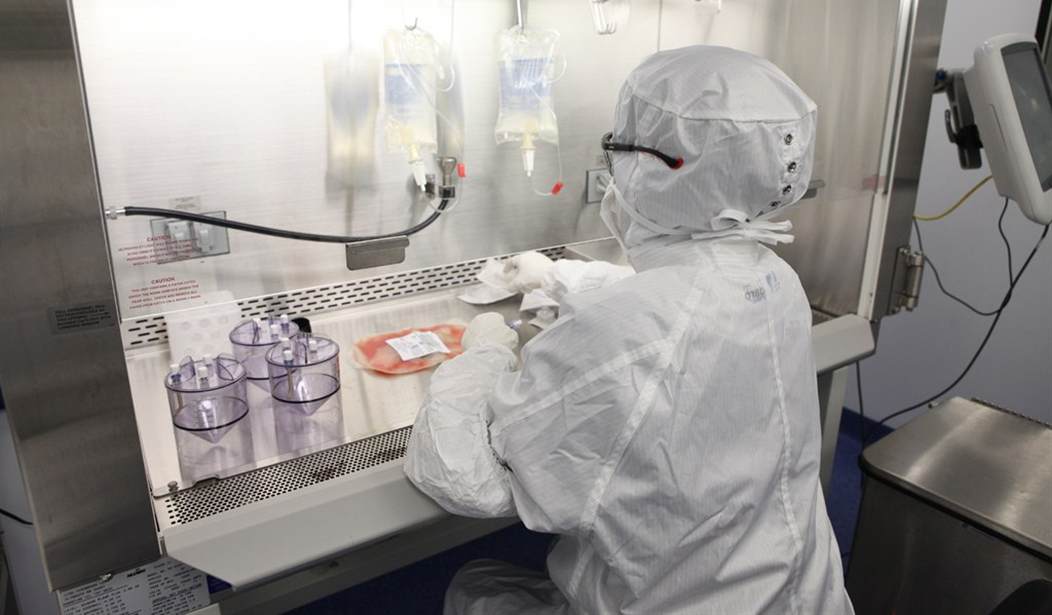Since day one in office, President Trump has eagerly put America first -- even when it means upending norms, upsetting political allies, and straining relationships abroad. This eagerness is worth applauding. It takes courage to buck the system.
That's why Trump's desire to impose foreign price controls on medicines U.S. scientists create is so disconcerting.
Today's global drug market isn't fair. American patients pay more for medicines than our global counterparts -- and by doing so, we pay for most medical innovation, as well. In fact, about two in three new medicines are now invented in the United States.
We pay more for medicines because in other countries, government regulators impose strict price controls on brand-name medicines and restrict access to the newest ones.
This is a terrible deal for U.S. drugmakers, of course, but they can't do much about it.
If a drug company refuses to take the price that's offered by a European drug regulator, it's denied access to a market.
Take cancer drugs. Nearly every new cancer drug released over the last decade is available in the United States. But just three in four of them are available in the United Kingdom -- and fewer than two in three are available in France.
Since patents only last for a few years, drug firms are typically keen to take any offer that ensures their medicines are presented as an option to patients.
President Trump is perfectly positioned to tackle this unfair arrangement. His administration is already working on a transatlantic trade deal -- and his negotiators could easily fight to stop foreign governments from robbing American innovators.
Recommended
As I argued last year, "it's completely unfair that Germans pay far lower prices than Americans for drugs invented in U.S. labs. Perhaps a special negotiator with the U.S. Trade Representative … should threaten tariffs on every Mercedes, BMW, and Volkswagen until the German government fairly values American medicines."
But instead of working to end foreign freeloading, President Trump seems poised to import it to the United States.
The rule that his administration is considering would peg prices in Medicare Part B -- which covers those medicines administered in physician's offices, like advanced cancer therapies -- to the prices paid in 14 foreign countries, most of which embrace price controls.
This approach would knee-cap American scientists -- and thus kill biomedical innovation.
Drug development is tremendously risky. On average, it takes more than a decade -- and nearly $3 billion to develop a single new medicine. Nearly nine in 10 experimental treatments fail to gain FDA approval.
Researchers take these risks because -- in America, at least -- the marketplace offers a chance to recoup upfront costs and earn a return. This proposition, albeit risky, is what motivates investors to fund small research firms.
History demonstrates that research will dry up if Trump's proposal moves forward. In the 1980s, Europe was the epicenter of drug development, producing over half of all new drugs. But as price controls swept the continent, productivity declined, investors put their money elsewhere, and scientists left.
Europeans shouldn't pay less for medicines than we do. But rather than import socialist price controls here, we should demand that Europeans pay their fair share -- and help bear the global research burden. That'll lower our costs and help catalyze even more biomedical innovation.
That would put America first.

























Join the conversation as a VIP Member